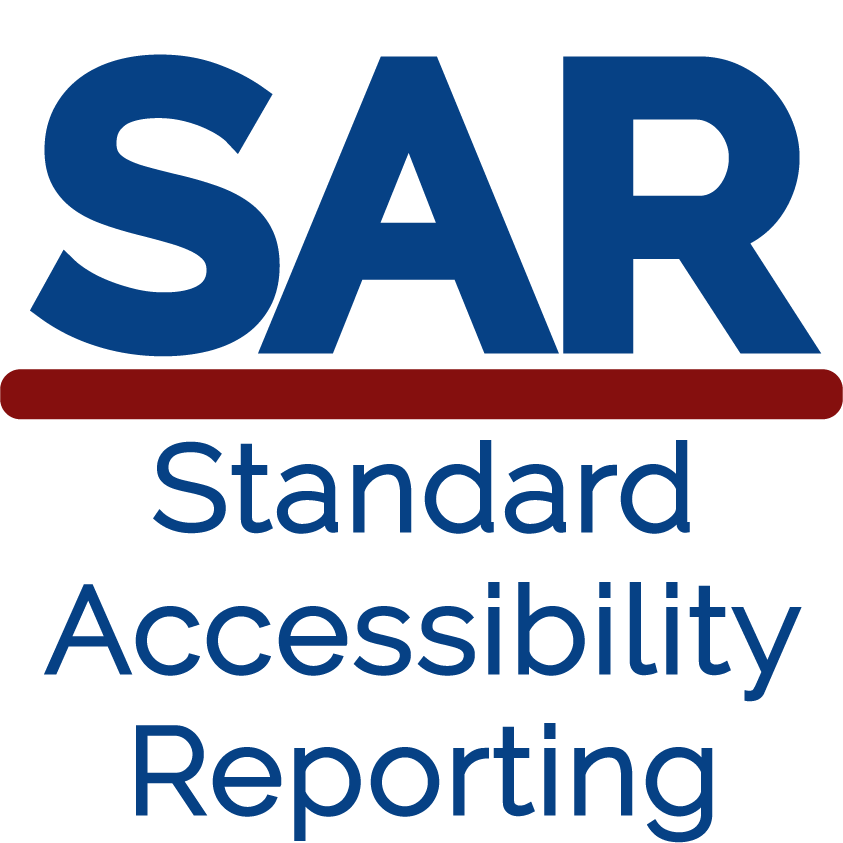Does accessibility have an impact on a brand’s reputation?
A product’s design can create barriers that make it difficult, or even impossible, for people with disabilities to use. This isn’t just a problem for a few isolated folks; it affects entire segments of the population.
New barriers often come with newer technologies that look nicer but are harder to use . For instance, many devices like elevators, ATMs, washing machines, and microwaves now use glass screens or digital displays instead of buttons you can push. Because these screens and displays don’t have a controls that you can feel, blind people can’t use them.
Barriers like these don’t just affect the individual: If someone can’t prepare their meals or do their own laundry, the burden is pushed onto others in the household. Poor choices in product design can — and do — have a lasting impact on people with disabilities and their autonomy.
These experiences are shared widely in social media, often by disabled influencers. You’ll find entire video channels devoted to reviewing the accessibility of products while sharing workarounds or brands to avoid.
For manufacturers, retailers, or other businesses, accessibility barriers can be reputation wreckers.
Brands can improve their reputation by building products to be more accessible, a path that’s overlooked by most manufacturers.
Customers want to be able to know before they buy if a product is accessible — in a reliable way that they can trust. But does that exist today?
For responsible businesses who do ensure that their products are accessible, it can be hard to distinguish themselves from competitors who make baseless claims. But these challenges aren’t entirely new: there’s a long history of marketers exaggerating the safety, energy efficiency, or nutritional values of products.
Over the years, the language around products has evolved from vague claims to verifiable facts. But that’s largely due to industry standards and product testing.

Marketing claim:
We make really safe cars. Trust us!

Proven fact:
Every one of our cars has achieved a 5-star government crash test rating.
But even for companies that have been investing time, money, and resources into ensuring products don’t have barriers, we’re still in the stage of old-school marketing claims when it comes to accessibility. The industry still hasn’t embraced a fact-based, verifiable way of proving a product’s accessibility — or how one product is better than another.

Marketing claim:
We’ve got great accessibility. Believe us!

Provable fact:
All of our apps are rated 4.5 stars or higher on the Standard Accessibility scale.
This is why SAR is developing standards to provide transparent, fact-based scoring of the accessibility of everyday products. It will allow firms that do invest in accessibility to showcase their advantage over competitors. And, the standards will also provide insights into making improvements in future releases.
Learn more
Learn how we develop new accessibility standards.
Have a voice in the standards process.
Meet the experts and companies driving new standards.
Help us get there faster by supporting our non-profit’s mission as an indudstry leader.
Standard Accessibility Reporting, Inc. is a registered charity under Section 501(c)3 of the Internal Revenue Service Code.
